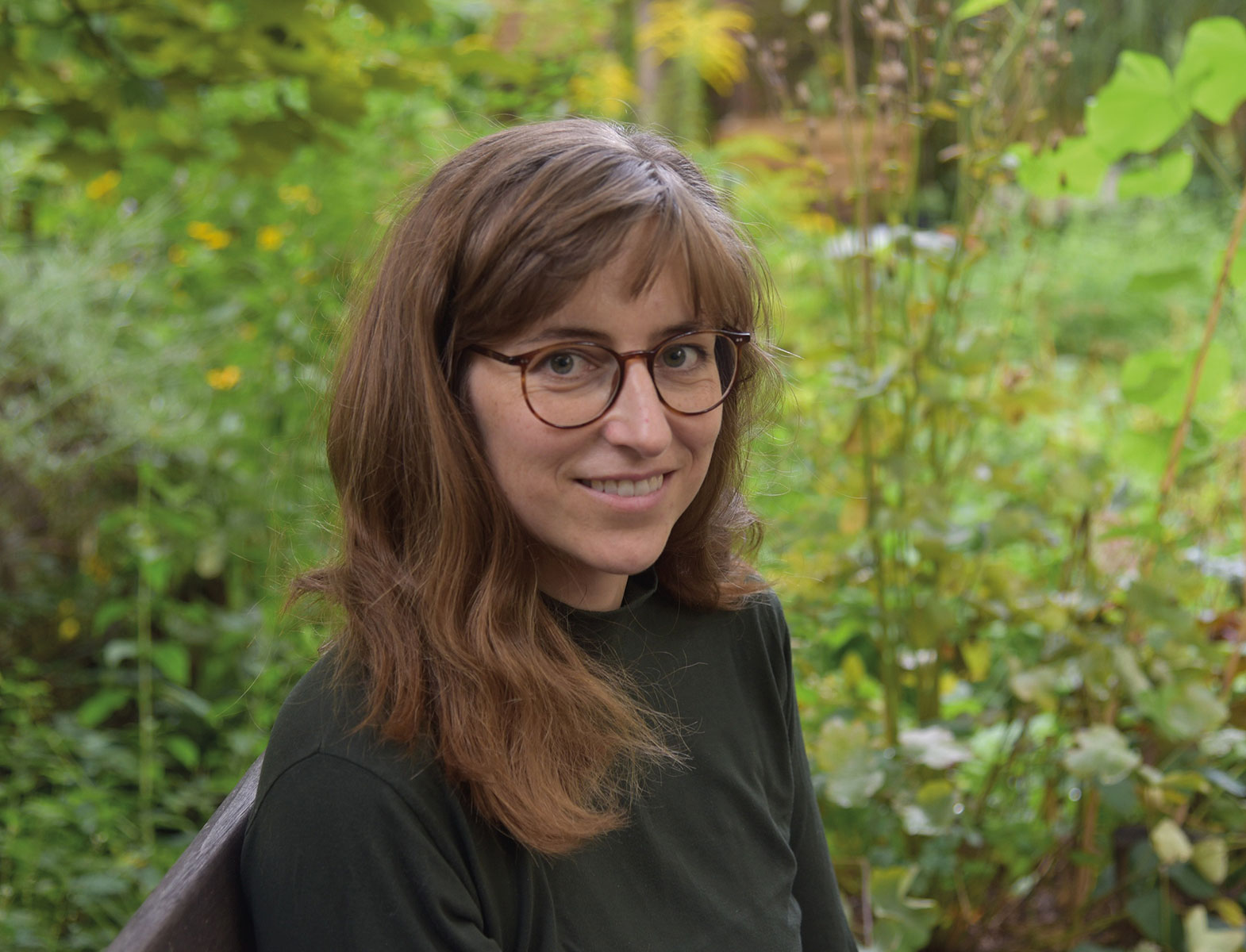As a research associate, you work at the Institute of Biochemistry at Charité. What are your research interests?
I studied biology with a focus on human biology, genetics and zoology, and later earned my doctorate in the field of molecular biology. More specifically, I researched how metabolic pathways respond dynamically to perturbing factors. Now I teach biochemistry to medical students and assist the research group with scientific writing. This gives me more room to focus on my volunteer work with Scientist Rebellion on the side. As I began to read more deeply into how close we already are to climate and ecological tipping points, I knew I needed to spend these crucial years doing more than just going about my personal day-to-day life – even if I’d rather be doing that.
Scientist Rebellion is a network in which about 1000 scientists of different disciplines from more than 25 countries are active. What are the motivation and goals of this movement?
The failure of decision-makers in politics, business, journalism, and much of academia to honestly name and address the climate emergency has resulted in the problem being dragged on and on, and the window of opportunity to avert a global loss of control is rapidly closing.
Scientist Rebellion seeks to mobilize scientific institutions and the people who work in them to finally respond appropriately and authentically to this threatening reality. If those who know the most about the crisis continue soberly as before, how can we expect others to truly understand the urgency of the crisis and support the profound change that is needed? Therefore, at Scientist Rebellion, our goal is to engage as many scientists and academics as possible in various actions of peaceful civil disobedience. In this way, scientifically proven facts can be transported forcefully and emotionally. If we step out of our everyday comfort zone, we can better illustrate how important it is to us that citizens understand the seriousness of the situation. We are walking the talk. We are also sending a clear signal to policymakers who are still, as UN Secretary General António Guterres put it, driving with their foot on the gas pedal towards climate hell. Our own institutions and universities also need to take a much clearer position and delegitimize the policies that continue to fuel the crisis despite knowing better.
What role do you see yourself playing as a scientist in the climate crisis?
The education I was able to enjoy is a privilege that our wealthy society made possible for me. Privilege always comes with responsibility. The major political failure in the climate crisis requires me as a scientist to acknowledge this responsibility and not only limit myself to my direct work, but also to get involved in society and try everything possible in a non-violent way to stop the politically supported fossil “carry on”, to name the fossil corporations, their lobby-influenced politics and super-rich as culprits and to point out ways out of the crisis.
Furthermore, it is my job to meet my fellow human beings with honesty and maximum transparency – that is, to communicate openly how bad things already are, to make it clear what all we will lose under the current course, and with what urgency action must be taken to secure a future worth living. If we tell slimmed-down versions of the truth for fear of putting people through too much, we deceive them and deprive them of the opportunity to make a proper commitment to their future.
The interview was conducted in April 2023.
Picture: Nana-Maria Grüning


